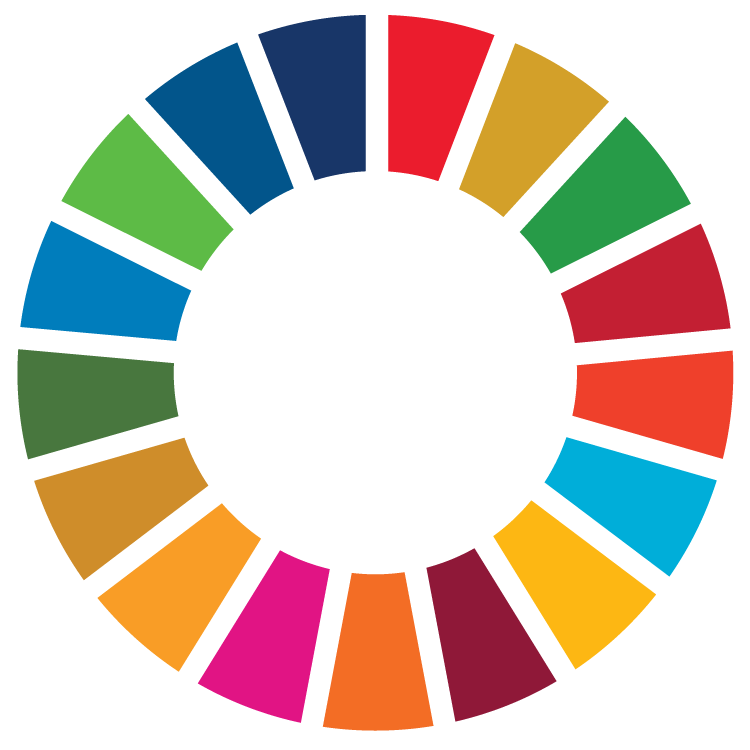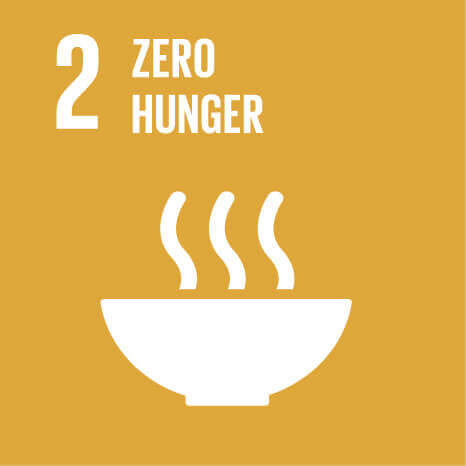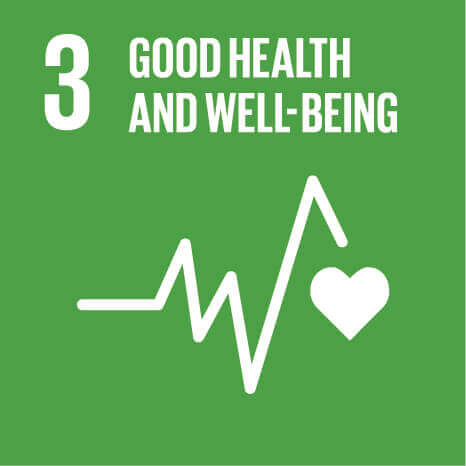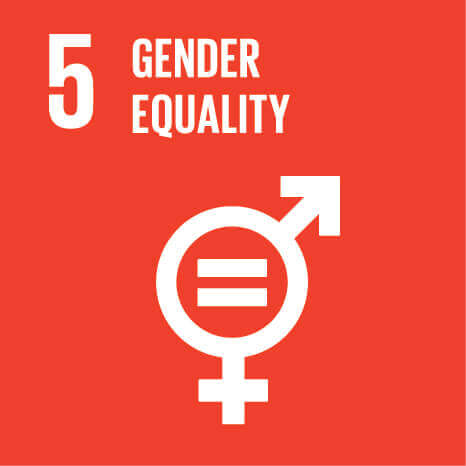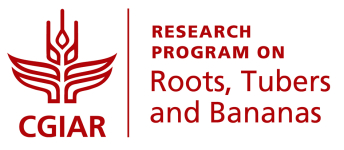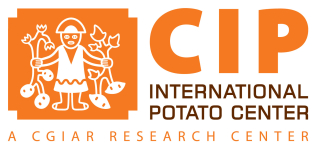Up to 50,000 Bangladeshi women and their households adopted better child feeding practices, and other health measures, while growing and eating OFSP (orange-fleshed sweetpotatoes)
Published on: April 5, 2021, Submitted by Enrico Bonaiuti on: April 5, 2021, Reporting year: 2020
The International Potato Center (CIP) and partners in Bangladesh trained community nutrition scholars (CNS) to share health, hygiene and nutrition information with 5,000 mothers of small children. Households received seed and produced improved varieties of salt-tolerant orange-fleshed sweetpotato (OFSP) and potato varieties, to improve household diets. Interviewed participants shared information with an average of ten other people, so an estimated 50,000 households benefited from the innovations shared with the 5,000 direct project beneficiaries.
Toward more nutritious diets for young children in southern Bangladesh
The ‘Strengthening food system resilience in Asia's mega deltas with salt-tolerant sweetpotato and potato’ project led by the International Potato Center (CIP) is encouraging the use of improved orange-fleshed sweetpotato (OFSP) and potato varieties among 5,000 mothers and small children. Community nutrition scholars (CNS) teach nutrition and hygiene to mothers of small children. The women also receive seed of nutritious OFSP and potato varieties which are adapted to salty soils.
Interviewed participants shared information with an average of ten other people, so an estimated 50,000 households benefited from the innovations shared with the 5,000 direct project beneficiaries (1).
Raising healthy children involves having nutritious food in the household, besides proper cooking techniques, and exclusive breastfeeding for the first six months of a baby’s life. After six months, until children are three years old, breastfeeding should be complemented with foods like orange-fleshed sweetpotato (OFSP) and potato.
In Bangladesh, 5000 women attended nutrition education sessions led by community nutrition scholars (CNS). Each participating woman invited a male household member to attend the first session, to garner the men’s support for the program.
To evaluate the program, separate focus group discussions (FGD) were held with 30 women and with 30 men from 60 households in the Khulna and Shatkhira districts of Bangladesh. The FGDs revealed that training given to the young mothers had successfully encouraged health and hygiene practices.
The young mothers said that they were feeding their babies only breastmilk until they were six months old when complementary feeding was added. The women adopted cooking techniques to retain nutrients in foods, such as cutting raw food into larger pieces before boiling it in a covered pot. Almost all the men discussed the training with female household members, which contributed to male support for these training sessions for women.
The women learned and used the health and hygiene measures taught by the CNS. Hand washing was widely adopted (especially after using the latrine and before preparing food). All the women planted the vegetable seed they received and adopted bed planting in their gardens. All but one of the 30 women planted the OFSP distributed by the CNS. The women cooked these healthy foods with improved techniques to avoid losing nutrients. The households ate the vegetables and OFSP at home. Mothers-in-law resisted some of the innovations, but men helped to convince their mothers of the value of the new techniques.
Groups also reported using masks, hand-sanitizer and they washed their hands and clothes more often to protect themselves from Covid.
The women estimated that each one had shared their new knowledge with at least 10 other households. Extrapolating this finding to the 5,000 women who were trained by the project, a conservative estimate of 50,000 households benefited from the training (1).
Stage of Maturity and Sphere of influence
-
Stage of Maturity: Stage 1
-
Contributions in sphere of influence:
1.1.1 - Increased household coping capacity to cope with shocks
2.1.1 - Increased availability of diverse nutrient-rich foods
Acknowledgement
CIP led the project ‘Strengthening food system resilience in Asia's mega deltas with salt-tolerant sweetpotato and potato’, funded by the German Federal Ministry for Economic Cooperation and Development and GIZ with additional funding from RTB and the Gender Platform of the CGIAR. The local NGO partner, Prodipan conducted the training with the CNS. BARI developed salt-tolerant potato and sweetpotato varieties. ACI Seed Ltd and Supreme Seed Ltd provided the seed. The University of Hohenheim provided research inputs.
Projects
-
Strengthening food system resilience in Asia’s mega deltas with salt tolerant sweetpotato and potato
